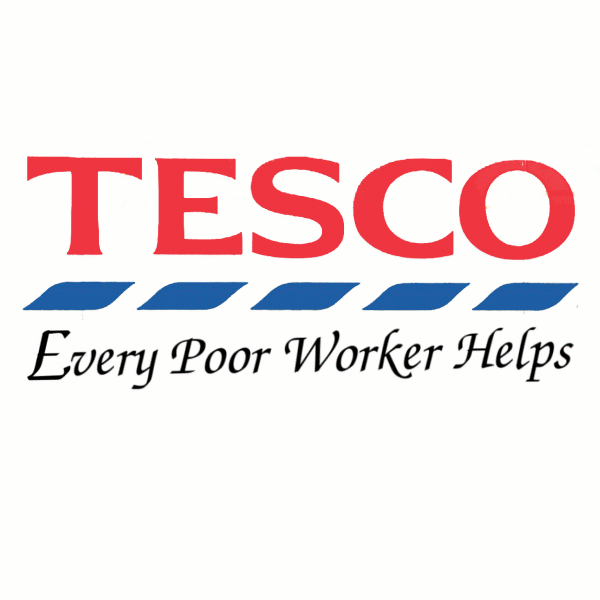New Orleans In the global economy it would be a mistake to believe that there is an operating truce between companies and their unions. Unless there is constant push and pull, everything seems to fall to the lowest common denominator which usually means the least cost or the most that one can get away with wherever you might be.
ACORN and its India partners (www.indiafdiwatch.org) have been seeking to communicate just this message during the debate in India about opening up foreign direct investment (FDI) in large scale retail to pariah companies like Wal-Mart, Metro, and Tesco. The simple message has been that India government and commerce must force the companies to become good corporate citizens as they enter the country and not simply hope they will learn good citizenship once they are piling on the rupees.
A sad case in point is offered now by Tesco as it prepares to enter the lucrative — and highly unionized — retail market in southern California. Despite 100,000 or more union members and reputedly a good rep with its unions in the UK, when in the Rome of southern California, it wants to make sure its union free and busting butts….
Read and weep and remember we must be ever vigilant!
- MSNBC.com May 26, 2006
Tesco job ads follow non-union line
By Jonathan Birchall in New York
Financial Times
Tesco, the world’s third largest grocer, has listed
“maintaining union-free status” and “union avoidance
activities” among the responsibilities of senior
managers of its planned new network of stores on the US
west coast.
Language in two job descriptions indicates that Tesco –
which has a close partnership with its UK union – is
set to follow the non-union example of Wal-Mart, Whole
Foods, Trader Joe’s and others in the US, adding to the
pressure on the United Food and Commercial Workers
(UFCW) in southern California.
An advert for a new employee relations director, said
“the incumbent has primary responsibility for
management of employee relations; maintaining non-union
status and union avoidance activities”.
Tesco, which has ambitious plans for stores in LA and
in Phoenix, claimed it had not yet reached a decision
on the likely union status of its planned US
operations.
On Friday, after being questioned by the FT, it removed
the non-union language from the two job ads – which
were first published last month and published again
this week.
The tabular content relating to this article is not
available to view. Apologies in advance for the
inconvenience caused.
The retailer is believed by analysts to be planning a
range of smaller 10-12,000 sq ft stores that will sell
a range of fresh foods and prepared meals.
In southern California, Tesco is entering one of the
most bitterly contested labour relations battlefields
in the US. Two years ago, the area witnessed a four-
month supermarket strike, as the UFCW tried to fight
moves to cut benefits by Kroger, Albertson’s and
Safeway.
The UFCW’s Local 770 is campaigning aggressively
against the expansion of Wal-Mart’s Supercenters in the
Los Angeles area.
Nelson Lichtenstein, a labour history professor at the
University of California, said that Tesco’s small
format stores could represent an “under the radar
threat” to the UFCW.
In the UK, Tesco has operated a partnership with the
USDAW retail workers union since 1998, and has more
than 100,000 union members among its staff. It has also
adopted a human rights policy that includes “the right
of our staff to join a recognised trade union”.
“Union avoidance” has become part of the job
specifications of numerous US non-union employers, and
would require an awareness of how to combat a union
organising campaign without breaking the law.
J Sainsbury, Tesco’s UK rival, had acrimonious dealings
with the union during its ownership of the Shaw’s
chain, before selling the stores in 2004.
H&M, the Swedish fashion retailer, granted union
recognition to warehouse workers in New Jersey and
Connecticut in 2004, after an international campaign by
the Unite Here union that targeted its Swedish
shareholders.
Bruce Raynor, general president of Unite Here, said
that the H&M campaign had been based on the principle
that European companies should apply the same standards
to their North American workers as they did at home.
“My prediction is that the UFCW would contest any
decision by Tesco to act differently in the US,” he
said.
Copyright The Financial Times Ltd. All rights
reserved.
May 29, 2006
